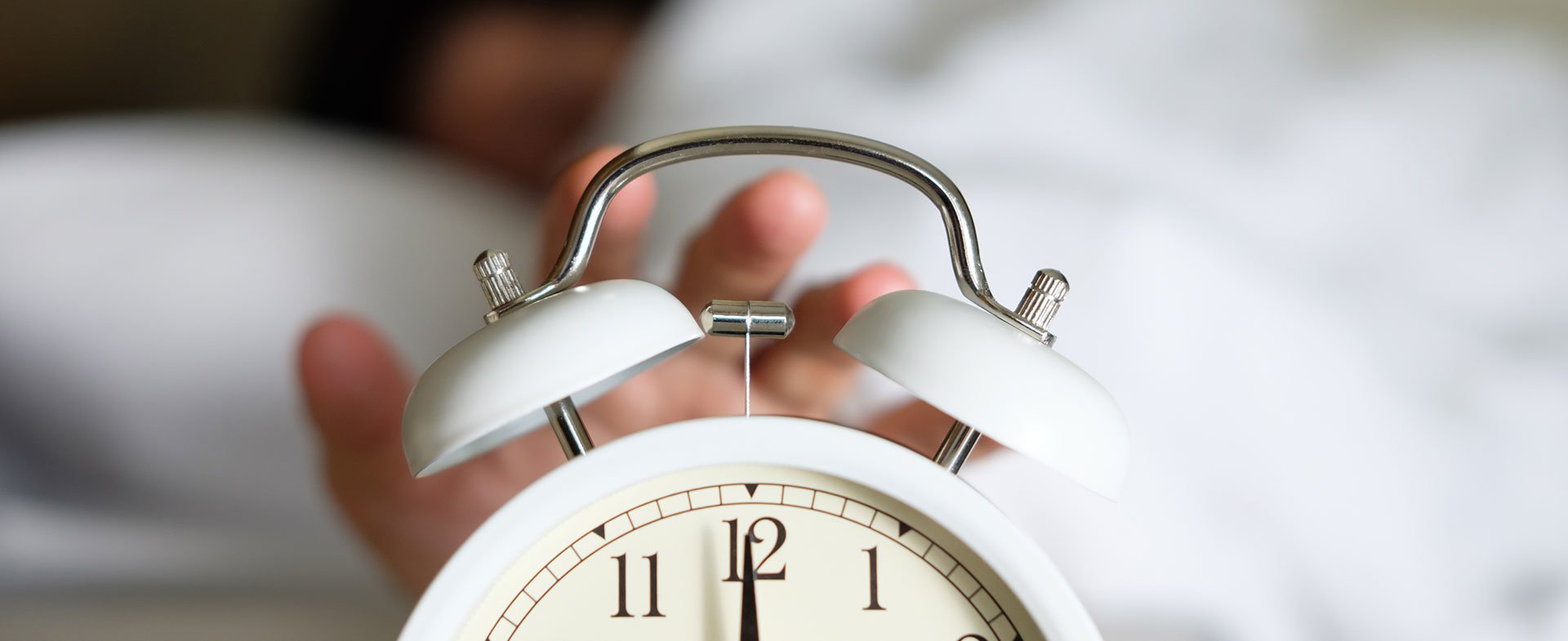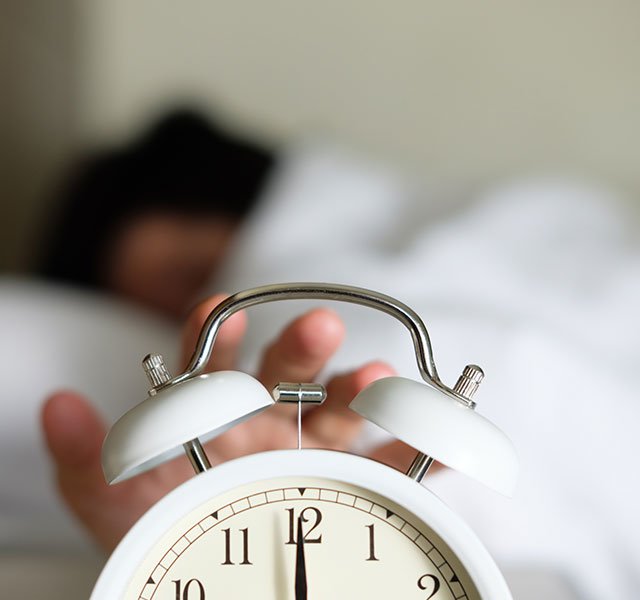It seems when the going gets tough, a good night’s sleep is the first thing we start to lose out on. Our day-to-day lives often function with sleep treated as a luxury instead of a necessity for our body to recover from a long day.
The reality is: recent studies have shown that people who didn’t get enough sleep at night or have highly variable sleep patterns were at a greater risk of developing heart conditions like high blood pressure or heart disease.
“The quantity and quality of your daily sleep are important factors contributing to heart disease,” says Michael Hudson, M.D., a cardiologist for Henry Ford Health. “We really want to make sure that your quality and regularity of sleep is at a healthy level for your heart. People who consistently get around 7-8 hours of sleep each night have the lowest rate of cardiovascular issues.”
Too much or too little sleep isn’t good for your heart either. For example, researchers found that men who slept less than 6 hours a night, or more than 9 hours a night, were 1.7 times as likely to die as men who slept between 7-8 hours a night. For women, the comparable death rate was 1.6 times more than women who slept for the recommended amount. Researchers also found that large changes (more than 90 minutes) in your nightly bedtime or sleep duration might increase heart disease risk too.
Rest Is Best For Your Heart’s Function
When you are awake and active during the day, your heart has to work hard to keep the body going. At night, your blood pressure drops when you sleep. This gives the heart a chance to take a break from pumping so hard.
But, if you struggle to fall asleep or stay asleep, your heart rate can remain more elevated at night. As a result, over time, that increased stress on your heart and disruption to normal body rhythms can contribute to heart disease.
“This is why lack of sleep may increase your risk of a heart attack or stroke,” says Dr. Hudson. “But lack of sleep can also be related to other health conditions that are risk factors for heart problems as well.”
These conditions include:
- Diabetes
- Being overweight or obesity
- High blood pressure
“Some of the risk factors associated with heart conditions can be difficult to control,” says Dr. Hudson. “But sleep is one of the few factors that you are able to manage on your own.”
For example, you may require medication to help lower your blood pressure or you could have a weaker heart if you were born with a congenital heart defect. Fortunately, sleep, like diet and exercise, is one of the things within your power to control. With proper management, you can actively prevent future heart issues.
Take our heart risk quiz now.
7 Tips For More Restful Sleep
Struggling to get your best night of sleep? You’re not alone. In fact, the Centers for Disease Control and Prevention (CDC) reports that 1 in 3 adults don’t get enough sleep each night. If you find yourself a part of this stat, there are several steps you can take to catch more zzz’s:
- Set a bedtime. Set an alarm on your phone or post a reminder to help you get ready for bed at the same time each night. Consistency is key. Don’t forget to set an alarm for the morning!
- Create a wind-down routine. Crawling right into bed and staring at the ceiling might not be the best formula for you to get some much-needed sleep. Instead, set yourself up for success at bedtime. Put away electronics, brush your teeth, dim the lights, calm your mind. Just a few minutes of self-care and quiet time can make all the difference.
- Monitor your sleep. Many wearable fitness trackers or cellphone apps allow you to track your sleep and heart rate every night. Pay attention to your sleep patterns – does it take a long time for you to fall asleep? Are you waking up throughout the night? Being aware of your sleep habits can help you make changes to improve your quality of sleep.
- Evaluate how you feel during the day. “Even if you are getting enough sleep at night, fatigue during the day could be a sign that your quality of sleep is lacking,” says Dr. Hudson.
- Identify lifestyle factors that could be affecting your sleep. Many of our day-to-day habits can affect sleep. Your diet, other health conditions, any nicotine, alcohol and caffeine intake, stress levels, etc. can all impact your ability to fall asleep or enjoy restful sleep.
- Stick to a schedule. It can be easy to get off your routine once you get started – especially if you are busy with work or get caught up binging a favorite TV show. Try to make your sleep a priority as much as you can.
- Talk with your doctor. If you find it difficult to fall asleep, stay asleep or if you know you struggle with sleep disorders like insomnia or sleep apnea, your doctor might be able to help.
At the end of the day, being consistent in your sleep habits will not only help your heart. Sleep can also help you find balance in other aspects of your life!
Schedule an appointment with your primary care provider or find a heart expert at henryford.com or by calling 1-800-436-7936.
Dr. Michael Hudson is a cardiologist and is the co-director of the Cardiovascular Intensive Care Unit. He sees patients at Henry Ford Medical Centers – Livonia and Second Avenue.



